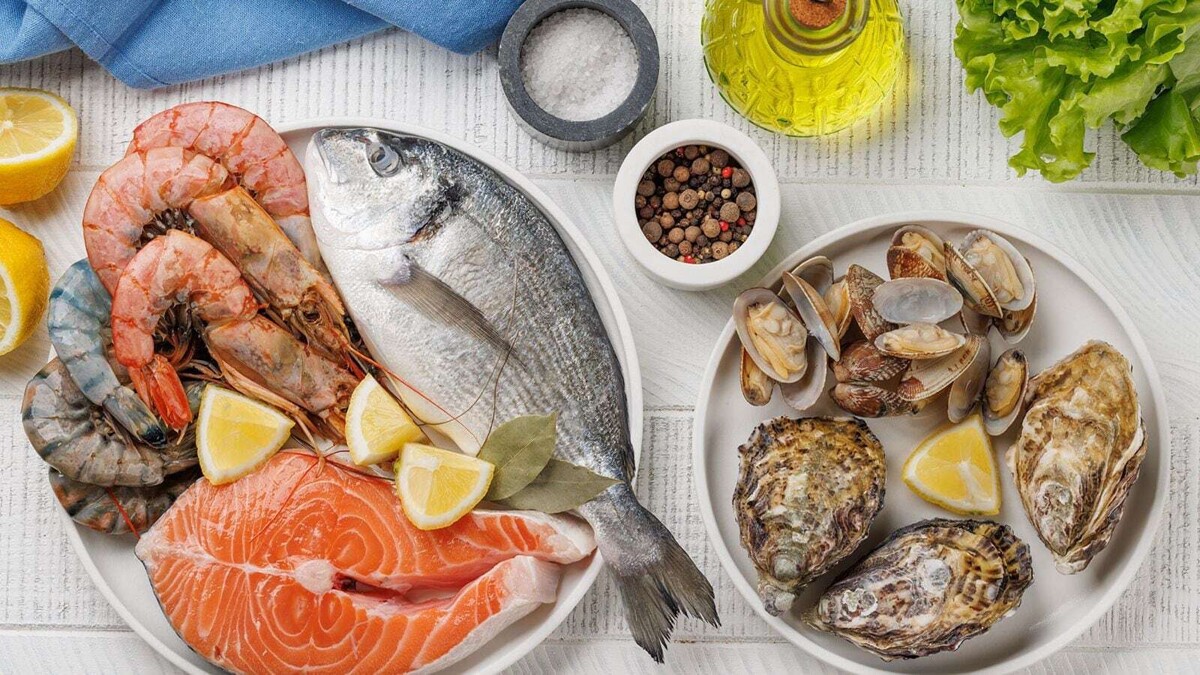
The Easter holidays are getting closer, as Lent has begun, bringing an increase in the consumption of fish and seafood in many households; however, it is essential to ensure that these foods are properly stored, as poor storage can lead to health problems.
Although fish is rich in omega-3, proteins, and vitamins, inadequate refrigeration conditions can cause infections and poisoning for consumers, warns the Center for Food Research and Development (CIAD).
In the case of ceviche, aguachile, tuna tiradito, or oysters, which are usually eaten raw and consumed more in summer, the agency emphasizes that extra care should be taken with these items, as they pose the highest risk. Therefore, when preparing them, hygiene should be prioritized, and they should be kept cold. "A ceviche or raw seafood product ready for consumption should never feel warm; if that is the case, it should not be consumed. The key to avoiding illness from consuming fish and seafood is hygiene and keeping the product always cold (below 4°C)," warned CIAD.
How to keep fish in good condition?
CIAD issued the following recommendations for keeping seafood in good condition at home: - Store fresh products in the refrigerator or in coolers with ice or refrigerant gel to maintain their cold and consume them as soon as possible. - Frozen products must remain frozen and never be thawed at room temperature, as this promotes bacterial growth. - If they are vacuum-packed products, like tuna loins, they should be kept frozen, and the packaging should be removed only before defrosting.
For businesses or supermarkets, the agency issued the following recommendations: - Ensure that products are maintained in freezers or refrigerators at temperatures below 4 degrees Celsius. - Display seafood in refrigerated cases or on beds of ice, ensuring that the ice is replaced at least once a day. - Maintain strict hygiene to avoid odors and contamination. - Separate raw products from cooked or ready-to-eat items. - Store fish and shellfish separately to prevent problems for allergic individuals.
With these recommendations, we can enjoy seafood without worries during Lent. Take care of your health and that of your family!













